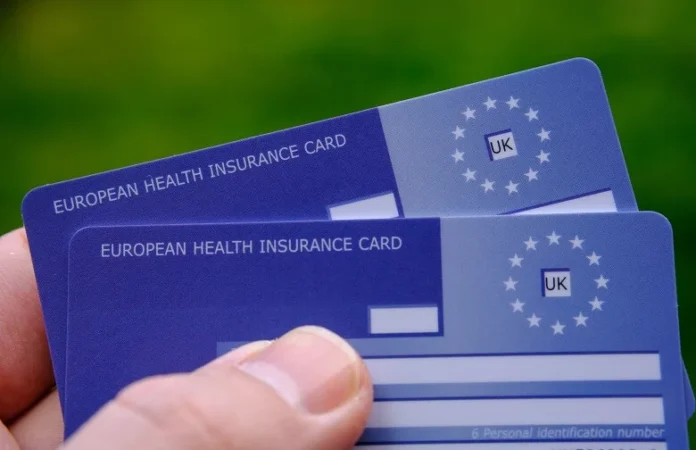If you are on a trip to any EU nation and in need of emergency medical treatment, having an EHIC will help to get free treatment or you will have to less (the same amount as the citizens of that country) depending upon the public healthcare policy of the country.
Some of the services covered by an EU card include:
Medical Consultations: Subject to the EU country the individual is visiting, they can have medical consultations in case of an emergency for a small fee or free, depending on the public healthcare laws of the country. Select a doctor that has a contract with the national insurance fund of the country.
Hospital treatment: In certain countries of the EU, it is possible to receive free treatment at public healthcare hospitals. However, in others, there might be a small fee charged that will be the same as that paid by the citizens of that country. For free hospitals, there might be a need to produce a physician’s prescription.
Medicines: Subject to the kind of medicines prescribed and the country there could a charge full or lower cost or they may even be free again dependent on the local government healthcare policies.
Dental treatments: The EHIC offers coverage for only emergency dental treatments for free or at a lower cost at a dental clinic that is contracted to the public healthcare system.
Ambulance costs: Generally, the ambulance costs are covered in case of an emergency, although in some nations there may be a small fee.
Who requires an EHIC?
Everyone that is a citizen of Switzerland/ EEA state planning to visit any EU nation should apply for an EHIC. Some of the reasons to obtain an EHIC are:
- Going for further studies
- Working in any EU country
- Planning a short trip to any nation within the EU
- Visiting an EU country for business
To obtain an EHIC, an individual must be covered by the state social security in Switzerland or any EEA nation. However, an individual cannot travel exclusively to receive treatment in any EU country using the EHIC as it is only for emergency medical use.
Those that are non-EU citizens but living in the EU cannot obtain or use their cards in the following nations:
- Switzerland
- Iceland
- Denmark
- Norway
- Liechtenstein
For eligibility, the individuals must be covered by the state social security system.
Applying for an EHIC
The process of registration for the card is subject to the country where it is being issued. In most nations, it can be done online, via post or by visiting the state healthcare offices. To learn more about the process including benefits and exemptions, get in touch with the local state healthcare facility in your city and they will explain the process in detail.
Validity of the EHIC
The EHIC validity will be subject to the country where it is issued as it tends to vary from one country to another. In the UK its validity can range anywhere from 06 months to 5 years. A cardholder may apply for a replacement card in the UK six before the validity expires. In Ireland, it is valid for 4 years whereas in Finland the validity is just for two years. Check with the country’s state healthcare facility about the card’s validity and when it will be issued.
The EHIC can be used in all the EEA and EU countries with these exceptions:
- Vatican
- Andorra
- Channel Islands
- Isle of Man
- Monaco
- San Marino
Renewing the EHICThe card can be renewed any time before it expires around 2- 3 months is the ideal to apply for a replacement card. The process will be dependent on the nation where the card will be issued and one needs to be a resident of that nation as well as registered with the state social security system. For those that are residents of the UK and no changes have been made to any of the details, it will be far quicker to get a replacement card. For most UK residents, a GHIC card will be issued that is the replacement for the earlier EHIC after Brexit.










![Anso FG Reviews: UPDATED 2024 [ansofg.com] Anso FG Reviews UPDATED 2024 [ansofg.com]](/wp-content/uploads/2023/12/Anso-FG-Reviews-UPDATED-2024-ansofg.com_-100x70.png)







